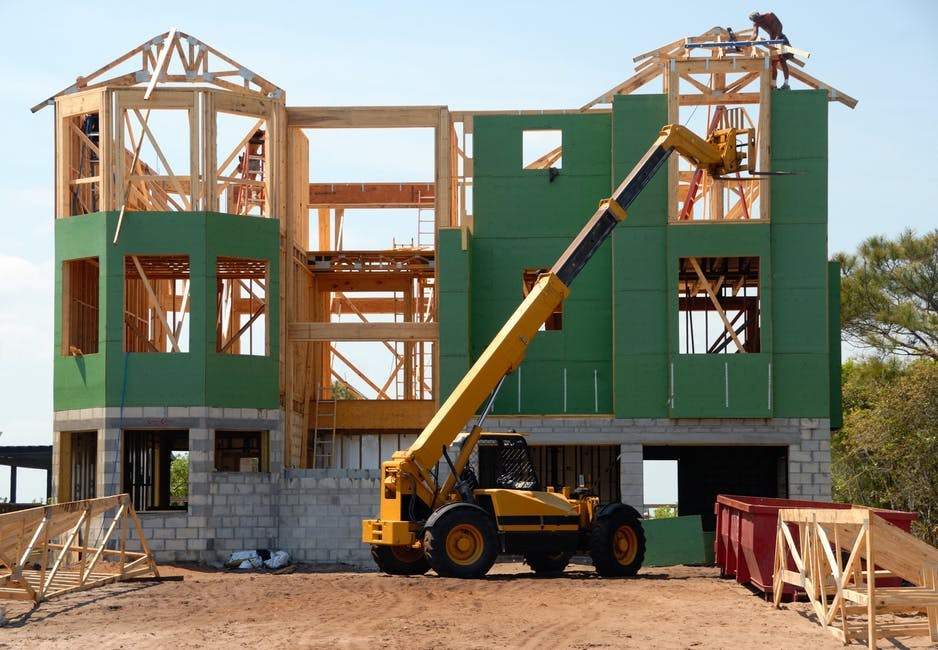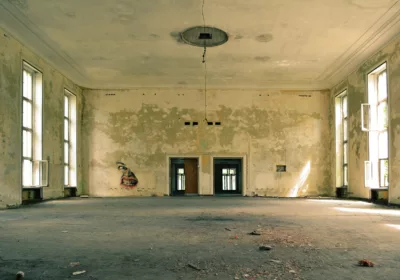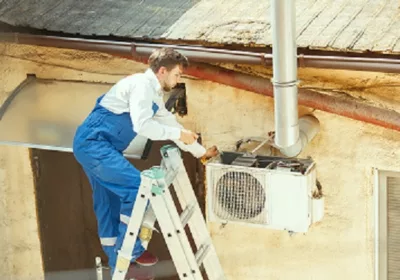
5 Common Mistakes To Avoid When Building a New Home
It’s easy to draw a dream house in mind. However, turning this dream house into an actual reality can be a challenging process you’d probably have to agree with unless you’ve done it before. You will hire people and prepare for the whole construction and finishing touches. If you think that sounds a little easy, I’d like to remind you that a construction process is not something that always starts and ends smoothly.
Throughout the time of construction, mistakes do happen. When they happen, the aftermath can cost you badly. The cost goes its way over your planned budget that you’ve saved up for such a long time. And that’s for what? For you to live in a house that’s too far from what you had in mind?
Frustrating, isn’t it?
The best thing you can do is to avoid mistakes at all costs. But how do we actually avoid mistakes when we don’t even know what’s so wrong about them? Well, the only way to avoid them is to figure out the common mistakes others made in their past construction experiences and get to learn from them.
Here are typical mistakes people do when building a new home:
1. They compromise location for the sake of price.
Those who already own a piece of land are lucky enough to start the building process right away. Otherwise, you will need to buy a lot to build in if you don’t have it yet. Some people would often look at the price rather than the land’s location. But never settle on the cheap price. A cheaper lot may be tempting but compromising the location could cause heartache over time.
Always do your research when looking for a location in order to find out important details regarding the school and commercial space districts’ proximity, crime rate, and property taxes. You can also consider factors such as susceptibility to flooding and other natural calamities, sidewalk availability, and proximity to neighbors.
2. They skip hiring contractors.
Many first-timers would often consider themselves as their own contractor or DIY contracting when building a house. This way helps save a lot of money. But it doesn’t mean you’re making a wise decision just because you save money from not hiring an official contractor. When it comes home building, contractors and project home builders may require several essential skills such as:
- Estimating the cost of overall materials and labor
- Obtaining building permits
- Hiring and scheduling subcontractors
- Ordering materials and scheduling deliveries
- Designing and reviewing building plans
If you think these tasks are quite overwhelming and out of hand, hiring a good contractor or a building company can be a better and more financially prudent decision. They can help you build your dream home on schedule and within budget.
3. They give directions to subcontractors.
If you wish to communicate with your builders regarding your suggestions, subcontractors are not the ones you need to communicate with or give orders to. Though snacks are welcome, subcontractors are there to do a specific portion of the job that is usually given by the contractor. Thus, the contractor, also known as the construction manager, is the right person to discuss your project with.
4. They fail to prioritize space needs.
Designing a floorplan can be a little overwhelming, especially when it’s your first home project. Sometimes, people get too excited that they oft-overlook the things they should’ve considered earlier. A floorplan that does not fit your needs can cost you trouble in the long run, especially if you plan to live in it for a long time.
Always consider your needs when it comes to space planning. Ask yourself if you’ll be needing more bedrooms in case you grow your family in the future. Do you also need a guest room? Or do you need a bigger kitchen because you cook regularly? Try to consider your needs because after all, it’s a good space planning that can help keep the usefulness of your home throughout your time in it.
5. They skimp on a contingency plan.
By far, one of the most common home building mistakes is the failure to build a contingency fund for potential overages. Even with the best-laid plans, something can always occur in a building project that is not accounted for in your target budget. We’ve seen a lot of paused constructions due to insufficient funding. Hence, we always advise everyone to build a contingency fund to avoid financial issues throughout the construction process.
















